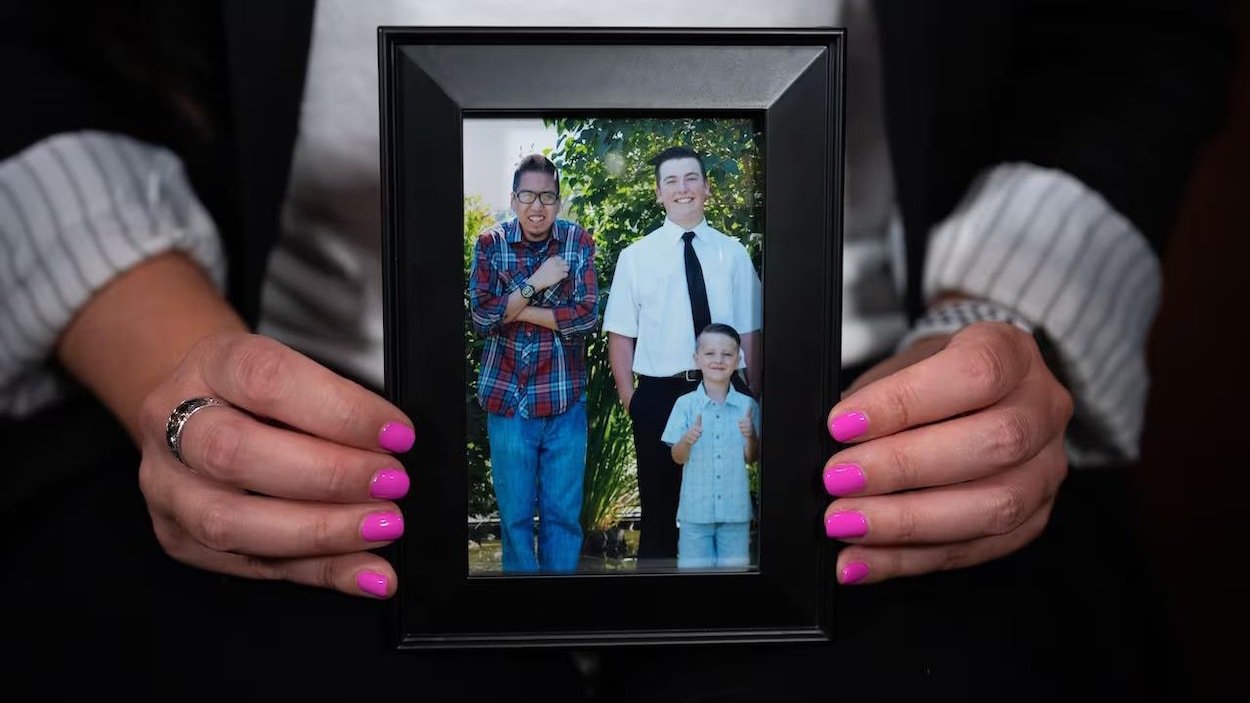An Indigenous patient who died at Chilliwack Hospital in 2015 may have been the victim of bias and stereotypes during his treatment, a report estimates.
The report, prepared by the First Nations Health Authority, reveals negligence on the part of health workers who treated Keegan Combes at Chilliwack General Hospital in September 2015. He was admitted after accidentally ingesting methanol.
According to this document, prejudices and stereotypes contributed to the death of this then 29-year-old man, who suffered from mental disorders and was a member of the Skwah First Nation.
In 2015, after Keegan Combes was admitted to the hospital, tests reportedly quickly revealed what was causing the patient’s vomiting, slouching posture and incoherent speech, the report said.
Instead of providing him with care that could have saved his life, nurses and other medical professionals allegedly left him unattended and tied to his bed most nights. His vital signs were not monitored for at least 6.5 hours, the document said.
The lack of urgency and neglect that Keegan experienced in hospital suggests that he needed to “sleep it off” and reflects common Indigenous stereotypes that have led to discriminatory behavior in the context of emergency medical care
says the report.
Methanol poisoning is treatable if detected early. However, according to the report, it took more than 12 hours for Keegan Combes’ condition to be properly diagnosed. At this point he had stopped breathing. He spent the last 10 days of his life in intensive care before passing away on September 26, 2015.
Eight years after the death of Keegan Combes, the First Nations Health Authority hopes this report will be embraced as a gift by health sector leaders who want to learn from the mistakes of the past and change the system to protect Indigenous patients.
A system “designed to harm,” says Keegan Combes’ family carer
Keegan Combes had been living with Rhianna Millman and her family for two years when he died. He was an avid chess player and talented pianist who studied at a business school
remembers Rhianna Millman. The system is designed to harm someone like Keegan, someone who presents as a visible Indigenous person, has a physical disability and has been diagnosed with a mental illness.
[Keegan Combes] is the very person this system is trying to harm.
Rhianna Millman describes several culturally dangerous encounters
Experiences with Keegan Combes at Chilliwack Hospital as of September 15, 2015, included long delays in diagnosis and treatment, decision to use restraints, lack of communication and general neglect of a seriously injured patient.
These meetings began shortly after Rhianna Millman called 911, when first responders and then hospital staff assured her that this was the case knew Keegan
which the report says suggests they had negative stereotypes about him.
After the patient arrived — and long before doctors realized what was wrong with him — a nurse suggested Rhianna Millman write a prescription Don’t revive him
in his file. The nurse stated that this recommendation was based on life quality
of the patient according to the report.
This proposal reflects a racist stereotype that has been part of Canadian society for hundreds of years. Since first contact, Canadian settlers have justified colonization with, among other things, the erroneous assumption that indigenous peoples are physically inferior and doomed to “extinction.”
says the report.
excuses
A patient safety review by Fraser Health initially concluded that racism and bias played no role in what happened to Keegan Combes, the FNHA report explains, but over the next eight years the health authority changed its position and apologized .
Fraser Health spokesperson Dixon Tam told CBC in an email that the health authority fully accepts the findings of the Remembering Keegan report Humility and respect help us move forward on our path to cultural security
.
As an organization, we are committed to combating Indigenous racism and working together to set goals, measure progress and remain accountable for our progress
he wrote.
With information from Bethany Lindsay and Angela Sterritt

Award-winning entrepreneur. Baconaholic. Food advocate. Wannabe beer maven. Twitter ninja.






